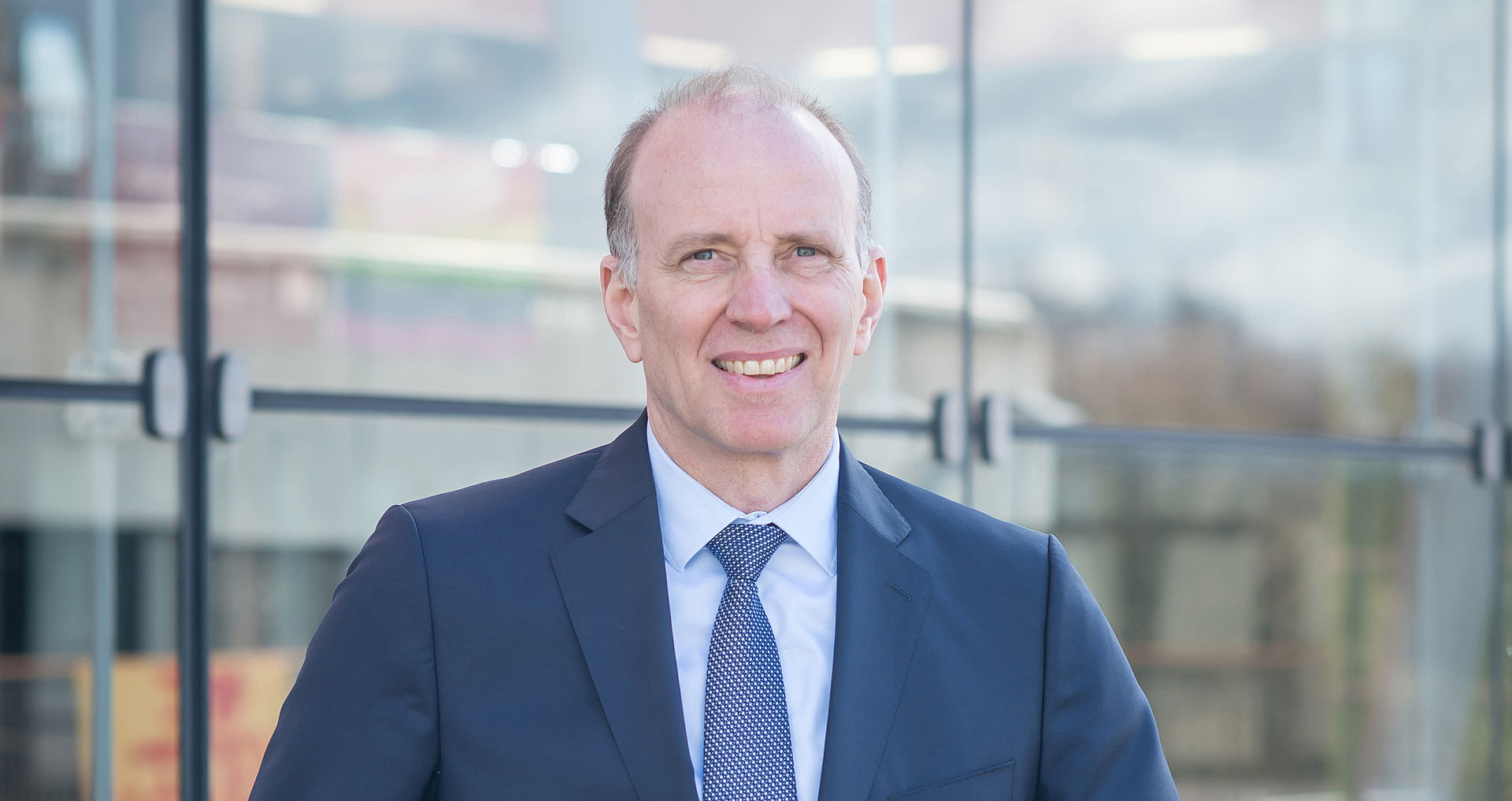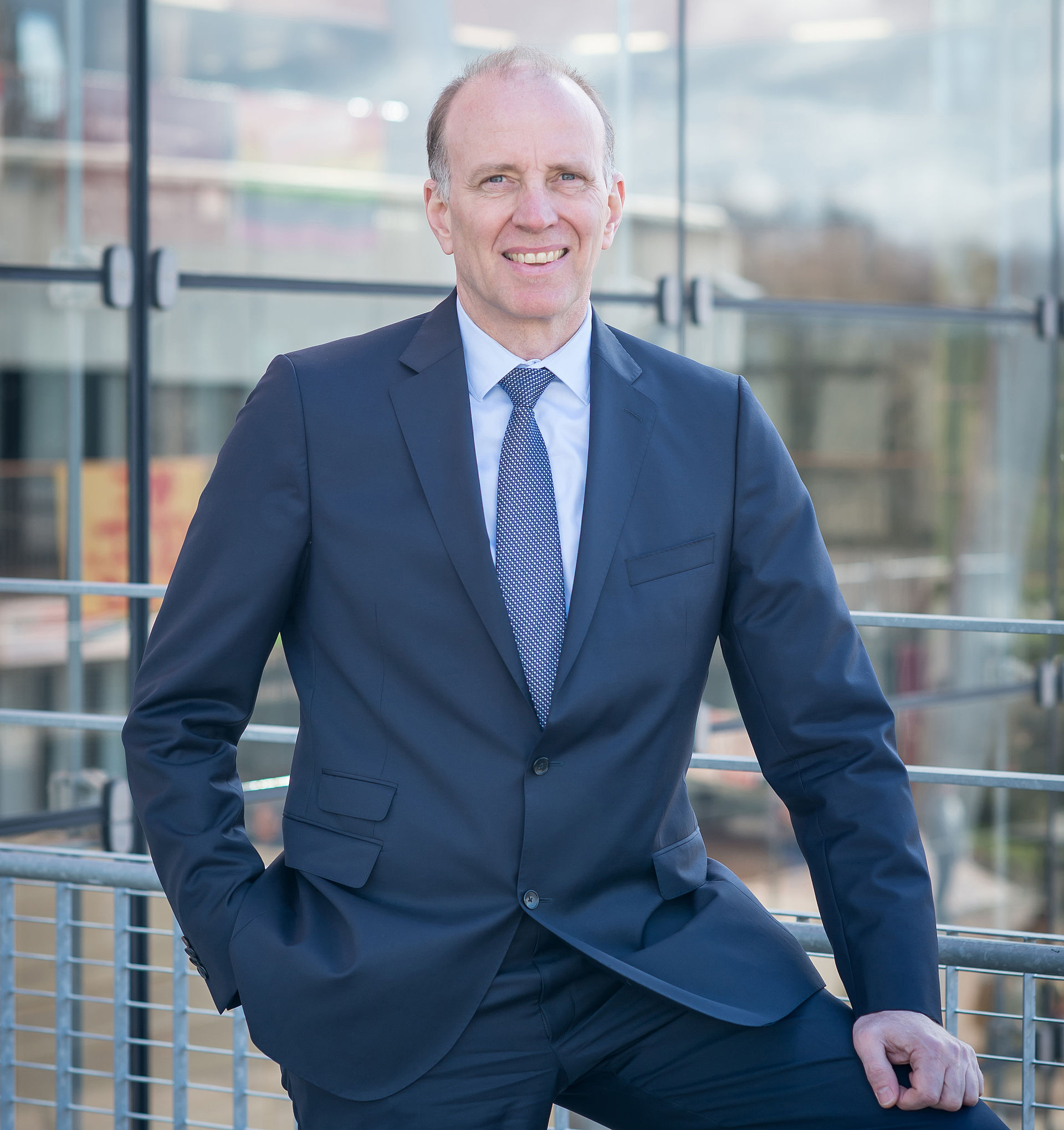March 23, 2020. The SARS-CoV-2 coronavirus has turned our private and work lives upside down. At OHB, we were able to anticipate what this would entail for us in Germany with a little advance notice. This is because our subsidiary OHB Italia is based in Milan - and thus in the eye of the coronavirus storm, so to speak. I am very pleased that the roughly 200 employees have so far been able to get through this difficult period without any illnesses thanks to their exemplary behavior. Most of them are either working from home, have taken vacation, are using up flexitime credit or only go to their offices for a short time to exchange or update data. They do their job reliably and continue to do it with high quality, even though they see the terrible pictures of the bodies of coronavirus victims being transported in military convoys every day. For this they deserve our greatest thanks and respect!
Great challenges Call to the good in people
"Every crisis," wrote the Austrian writer Stefan Zweig after the catastrophe of World War I, "is a gift of fate to the creative man." I am very proud when I see how our employees, but also society as a whole, are reacting to this completely new challenge. I am amazed at how naturally entire organizations are suddenly being kept in operation from kitchens, living rooms and private offices. I am pleased to see that great challenges apparently also tend to awaken the good in people, that they tend to be very helpful. Even fake news have had a hard time in recent weeks.
In my opinion, despite all the seriousness and concern about the current situation, there is also cause for optimism. I would like to mention some of the most important points that lead me to think so:
1) Politics, or rather the state, has shown an undreamt-of decision-making power. One might criticize one measure or another - especially in federally organized Germany - as being not robust enough or too hesitantly enforced. Overall, however, I have the impression that those responsible have reacted very comprehensibly and well. The transparency with which the many difficult decisions that affect us all and which, above all, restrict our personal freedom are taken makes it easier for us to accept the measures.
2. Science is once again proving to be the authority for truth, clarity and classification. When it comes to the question of which measures are suitable in the fight against Sars-CoV-2, science as the decisive authority has once again come to the fore. This has not always been the case in recent years. On the contrary: The internet and social media have ensured that there is no longer a monopoly of knowledge. Unfortunately, this has also led to would-be experts spreading their nonsense about everything and everyone. The would-be experts still exist, of course, but, surprisingly, they are no longer making as big an impact. Instead, millions of people listen to the daily podcast on NDR with the Berlin virologist Christian Drosten and other experts. Listening to the explanations of these experts assures the public that they are doing the right thing in private and that politicians have once again implemented some of their recommendations. At a time when things are back to normal, we may see that this new mandate for science will have an impact on other areas of our society, such as the appropriate measures in the fight against climate change.
3. The coronavirus crisis will leave the world more digital. Much of what we are currently experiencing will not disappear even after this state of emergency has ended. I am convinced that there will be a digital globalization. By this I mean that now predominantly physical processes will give way to digital ones. It is simply a fact of crises that it is only in these that one can see how things can be done differently, perhaps even more efficiently. But even more than that, it has become clear to politicians, businesses and society at large how much they depend on this "digital backbone". I do not dare to describe how we would master this crisis without the possibility of working from a distance. However, this "digital backbone" is not as well developed as it should be. The amount of data is increasing exponentially, as is the computing power. Should such a challenge arise again in the future, Germany should be better equipped. With its satellite technology, the space industry is in a position to quickly provide capacities for such an expansion of digital possibilities.
4. The space industry itself can look into the future more calmly than other industries. For despite the massive impact of the coronavirus crisis, our industry is fortunate to have long-running projects. The budgets for all ESA programs were approved last November. I believe that space and its solutions will become more significant and systemically relevant at a time when the demand for global networking and communication is set to increase enormously. Incidentally, the financial markets also see it that way: The value of shares in space companies has fallen far less than the market as a whole.
Together we will overcome this challenge
Finally, I would like to make a personal comment. Of course, this crisis does not leave me unaffected. I am of course thinking around the clock about how we can maneuver the company through the crisis in such a way that at the end of it all the employees who are on board today can still say that they work for OHB. I understand all those who are scared and worried at the moment: about themselves, their families, their jobs. These concerns are currently shared by many millions of people in thousands of companies in Germany. And yet, I am very confident that we will master this unique challenge together. Every day I see and observe how much our colleagues help and support each other. With this ongoing solidarity in difficult times, we will succeed in defeating the virus.
Stay healthy!
Personal details:
Born in 1962, Marco Fuchs studied law in Berlin, Hamburg and New York. He worked as an attorney in New York and Frankfurt am Main from 1992 to 1995. In 1995, he joined OHB, the company that his parents had built up. He has been Chief Executive Officer of OHB SE since 2000 and of OHB System AG since 2011. Marco Fuchs is married and has two children.


